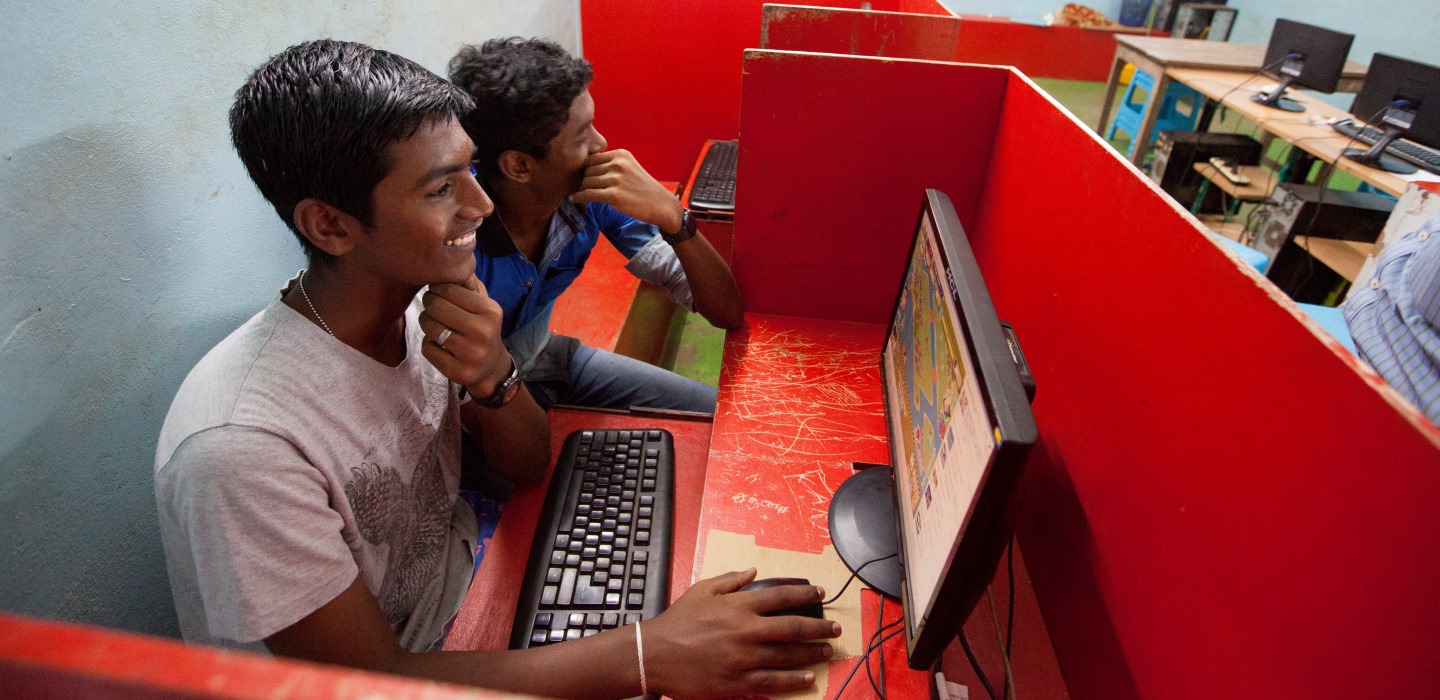E-learning

E-learning
Example Text
Menu Display
Search Results Filters
Search Results
Food loss analysis case study methodology
Scaling up e-learning
Smallholder agriculture, environment and climate change
Want to learn more about how you can design and implement environment and climate activities within your projects? Make sure you consult the e-learning modules on smallholder agriculture, environment and climate change.
Course benefits:
- Better understand the current challenges associated with environmental degradation and climate change, and particularly its impact on IFAD-funded projects and programmes and target groups;
- Outline the key elements of IFAD's approach to ENRM and climate change issues and of its related policies, strategies and procedures;
- Provide resources, best practices, case studies and tools that project practitioners can use to improve project outcomes;
- Share information on services and financial resources available to support IFAD's operations
Foundations of project M&E in rural development
In recent years, the purpose of Monitoring and Evaluation (M&E) has shifted from assessing the use of resources and the implementation of project activities, to measuring the contributions a project is making to specific development outcomes for both men and women. The aim of this course is to provide guidance on good practices in project-based monitoring and evaluation for IFAD-funded projects in the Asia and the Pacific region.
This course will help M&E officers develop a foundational understanding of the concepts and tools that are necessary to design an M&E system that embraces a gender-responsive approach within a Results Based Management framework.
The goal of the course is to improve knowledge of the principles and tools that will increase staff capacity to apply a gender-sensitive and results-based approach to project monitoring and evaluation.
There are three modules in this course:
1. The concepts and principles of an engendered Results Based Management approach to M&E
2. A core planning tool called the Logical Framework Approach
3. Key planning approaches, tools and methods recommended for project monitoring and evaluation
It will take about five hours to complete the entire course.
This e-learning course was developed by the International Fund for Agricultural Development (IFAD) and the Asian Institute of Technology (AIT) as part of the Asian Project Management Support Programme (APMAS).
A guided overview of IFAD financial management practices and procedures
In order to improve your knowledge in this key area, make sure you consult our new e-learning course.